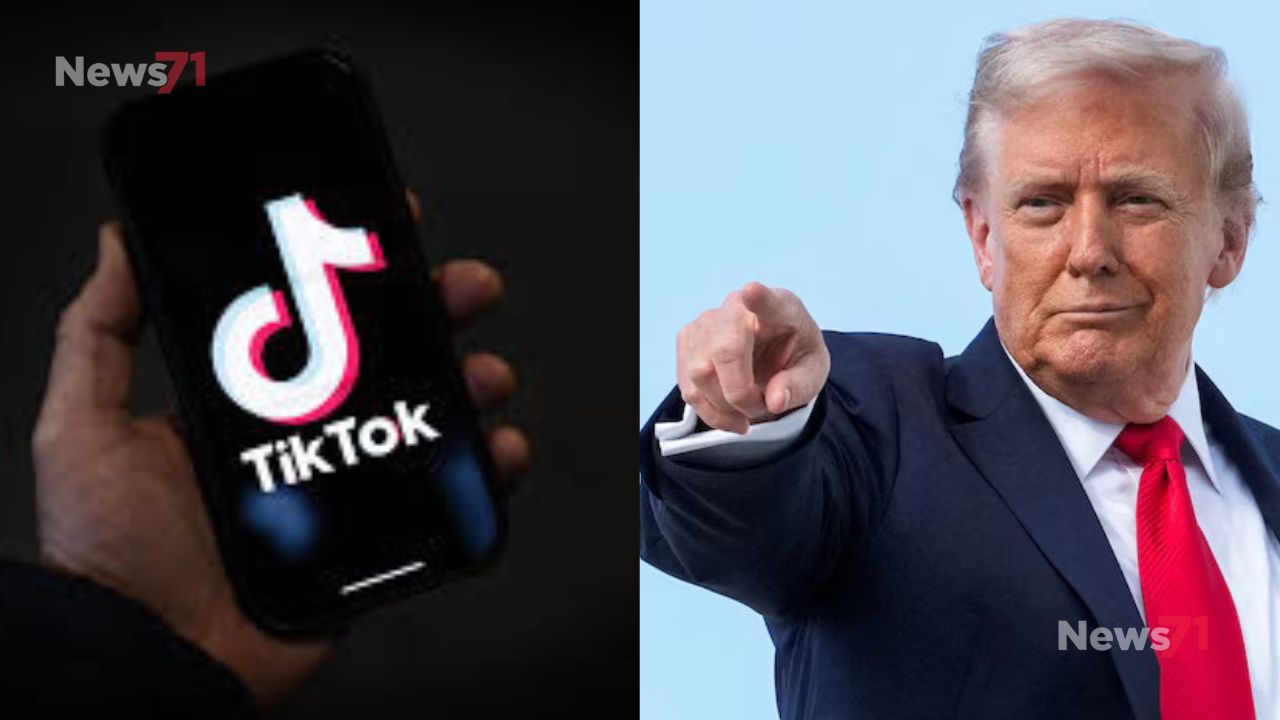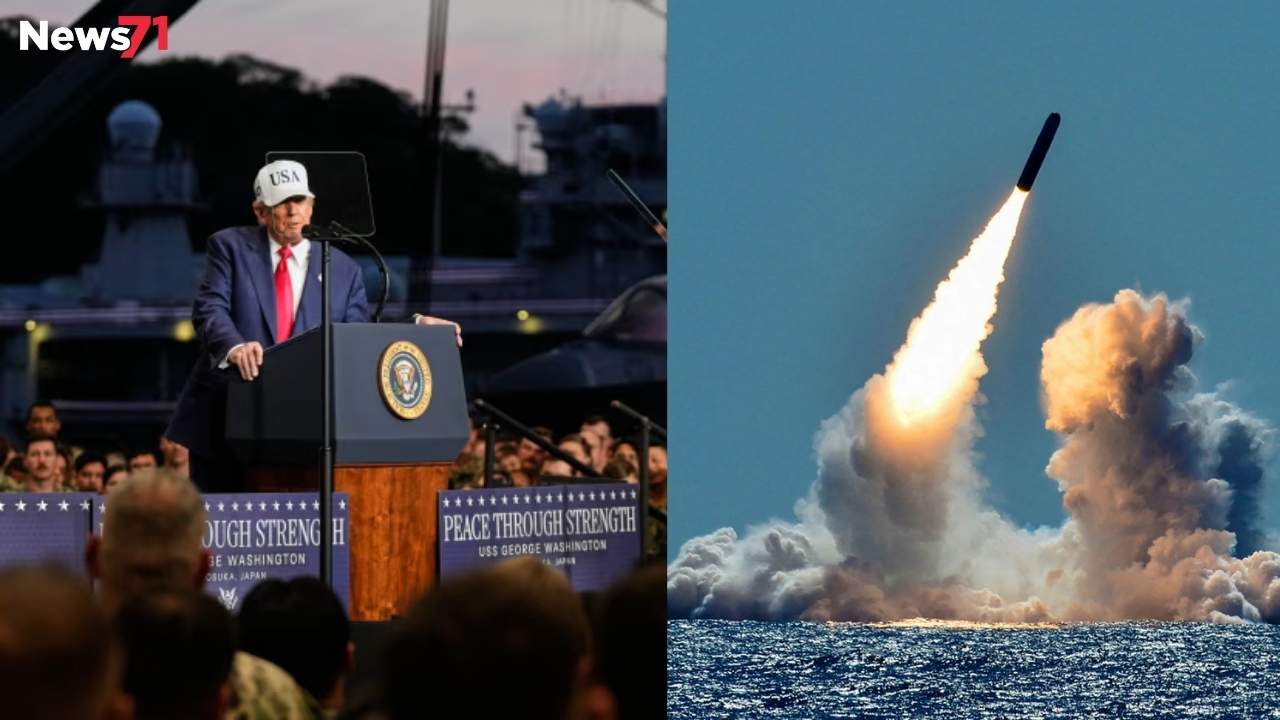In a significant development in US-China relations, officials from both countries reached a framework agreement on the popular short-video app TikTok as part of broader discussions on trade, tariffs, and economic policy. The negotiations, which concluded in Madrid on Monday, were led by US Treasury Secretary Scott Bessent and Chinese Vice Premier He Lifeng.
The deal allows TikTok to continue operating in the United States, where it had faced the possibility of a shutdown as early as September 17 unless ownership was transferred to a US-based entity. Under the new framework, TikTok will move toward U.S.-controlled ownership, a step that provides a potential resolution to the longstanding concerns of American regulators regarding data security and national interests.
Speaking to reporters in Madrid at the conclusion of the two-day talks, Treasury Secretary Bessent noted, “The framework is for a switch to U.S.-controlled ownership,” although he did not provide additional details. U.S. Trade Representative Jamieson Greer indicated there could be a short extension of the September 17 deadline to allow TikTok to finalize the agreement. “It would not have been extended without a framework,” Bessent emphasized, signaling the importance of the deal in averting an imminent app shutdown.
US President Donald Trump and Chinese President Xi Jinping are scheduled to discuss the framework on Friday, providing further guidance on the path forward. Earlier, the United States had warned it would enforce a ban on TikTok unless China agreed to modify its stance on certain concessions tied to tariffs and technological restrictions, which were part of the divestiture negotiations.
The framework is not just about TikTok. It forms part of a larger context of trade and economic policy discussions that the US and China have been conducting to resolve ongoing disputes between the world’s two largest economies. Bessent suggested that additional rounds of talks are likely in the coming days to further address these issues.
Alongside TikTok, tensions in the technology sector remain high. China’s market regulator announced that US semiconductor giant Nvidia had allegedly violated Chinese anti-monopoly laws. Although no further details were provided regarding the specific violations, the regulator confirmed that investigations would continue. Analysts view this as part of the ongoing competition between the US and China in the semiconductor market, a sector critical to technological and economic security.
US, China resolving TikTok Issue

The Madrid talks represent the latest effort to ease trade tensions between Washington and Beijing. Top-level delegations had previously met in July, agreeing to extend a tariffs truce for another 90 days until November 10. This truce had successfully reduced import taxes that had at one point exceeded 100% on goods imported from each country.
The TikTok agreement is widely seen as a high-profile win in the current round of negotiations. Without the framework, the app faced the possibility of being banned in the United States, a move that would have affected millions of American users and disrupted a global social media phenomenon. By securing a path toward US-controlled ownership, both sides have created a mechanism to maintain operations while addressing regulatory concerns.
Most Read: Champions League group phase begins Sept 16–18 with fixtures, previews
Trade and technology remain tightly interlinked in the ongoing discussions. The talks in Madrid were expected to tackle the broader issue of semiconductor exports, including products from companies like Nvidia, determining what technology would be allowed to enter China. This comes amid tighter U.S. restrictions on high-end chip sales to Chinese companies, a move aimed at maintaining an edge in critical technological sectors.
President Trump indicated that the discussions had produced positive results, hinting that the TikTok framework deal could be a blueprint for resolving other trade disputes. The agreement also allows both countries to continue broader negotiations, providing momentum for a more comprehensive approach to tariffs, market access, and regulatory issues.
As part of the agreement, follow-up discussions are expected to address remaining questions, including details of ownership structure, timelines, and compliance mechanisms. For TikTok, the framework provides breathing space to maintain operations in the US while transitioning toward a more secure and regulated ownership model.
Overall, the Madrid talks illustrate the delicate balance between trade, technology, and diplomacy. By reaching a framework deal on TikTok, the United States and China have achieved a temporary but crucial breakthrough in their efforts to manage complex bilateral economic challenges. The coming weeks will be critical as both sides implement the framework, ensure regulatory compliance, and continue negotiations on wider economic policy matters.







